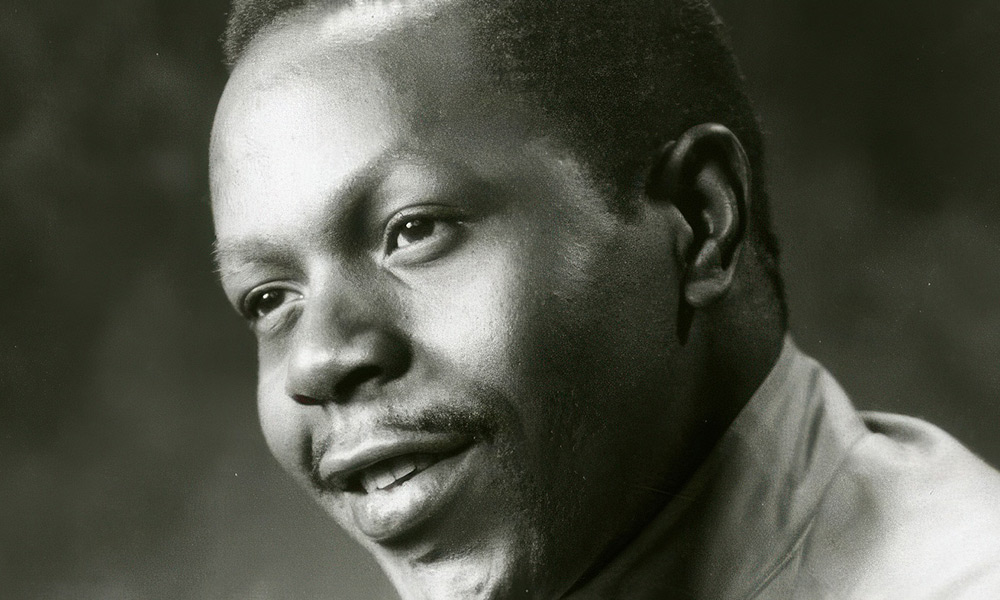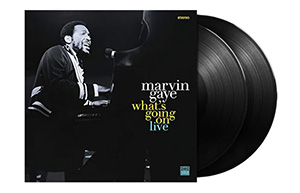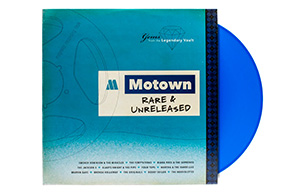Marv Johnson
The very first Tamla artist, whose success helps Berry Gordy Jr to develop his record company.
FAST FACTS:
- First hit: “Come To Me”
- Biggest hit: “You Got What It Takes”
- Top album: Marvelous Marv Johnson
- Career highlight: Two spells in the spotlight, the second bestowed by British fans
- Marv Johnson is Berry Gordy’s breakthrough star, validating the interest shown in him by the entrepreneur when they meet in 1958 at a record store in Detroit, their shared hometown. By then, the singer has been performing for some years with the Junior Serenaders, managed by another Motor City impresario, Homer Jones. Marv records “Come To Me,” produced and co-written by Berry, and the single is released as Tamla 101 in January 1959.
- The local popularity of “Come To Me” attracts New York’s United Artists Records, to which Berry – now Marv’s manager – signs him. When issued nationally by UA, “Come To Me” is a midrange pop chart success, soon followed by a pair of persuasive Top 10 tunes, “You Got What It Takes” and “I Love The Way You Love.” Moreover, there is international interest in Marv when “You Got What It Takes” becomes a major hit in the U.K. and Australia. In the latter, he plays concert dates during 1960.
- Berry continues to manage and write for his protégé while Motown grows as a force in its own right. Marv remains at United Artists, and continues to record in Motown’s homegrown studios at Hitsville U.S.A., but further significant chart action proves elusive. By 1964, he is back at the Gordy business, writing and producing, as well as recording. In 1966, his “I Miss You Baby (How I Miss You)” is a minor Billboard R&B chart entry. In ’68, he co-writes and records “I’ll Pick A Rose For My Rose.” When released in the U.K., this is a Top 10 entry, fuelled in part by the popularity of Motown on the “Northern Soul” circuit of dance clubs.
- Marv tours the U.K. in 1969 with Martha & The Vandellas, then basks in the glory of another hit there with “I Miss You Baby (How I Miss You),” retrieved from ’66. Tamla Motown in Britain even releases an album of the singer’s work, named after his blooming “Rose.” Back home in Detroit, Marv is less conspicuous, holding back-office and sales posts at the record company.
- In the 1970s and separated from Motown, Marv is sustained by songwriting, including his part in the Dells’ R&B smash, “Give Your Baby A Standing Ovation.” In the ’80s, he records for Ian Levine – a Northern Soul DJ whose Nightmare and Motorcity labels recruit dozens of former Motown artists – and continues to draw audiences in the U.K. In 1993, Marv passes at age 54, his gravestone righteously bearing the words “Motown Pioneer.”














